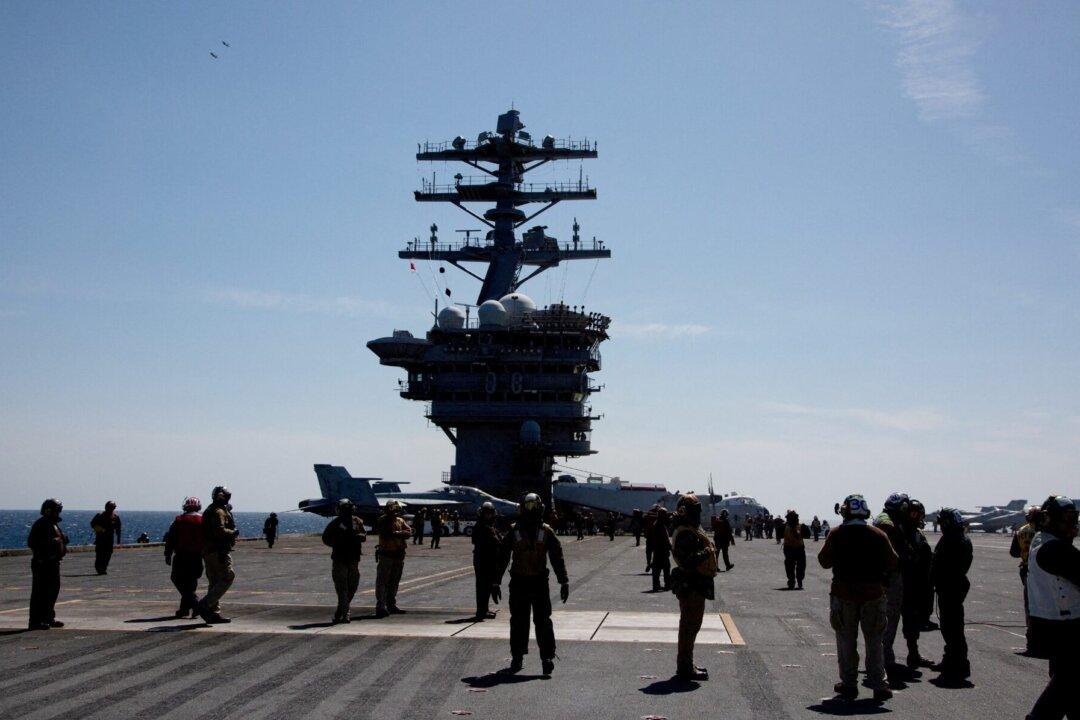The navies of South Korea, the United States, and Japan started two days of anti-submarine exercises on Monday to better counter North Korea’s evolving nuclear and missile capabilities, South Korea’s defense ministry said.
The drills are being staged in international waters off South Korea’s southern island of Jeju, involving a U.S. carrier strike group led by USS Nimitz, which had arrived in the southeastern city of Busan last week.





